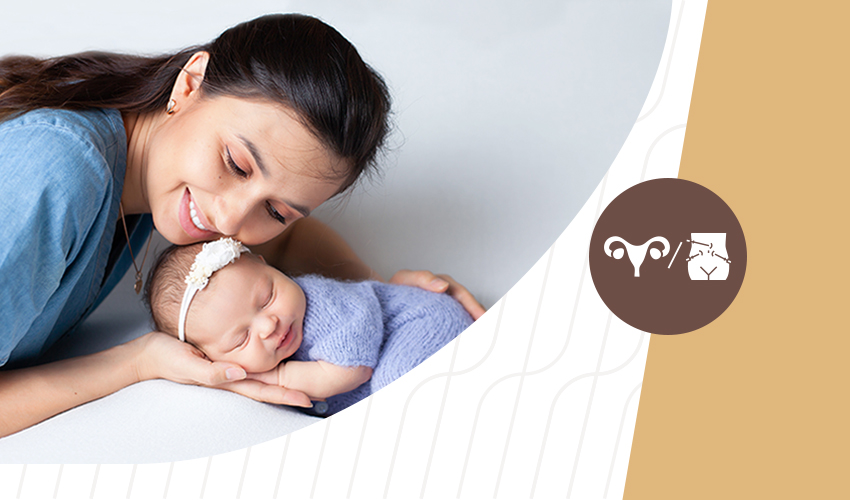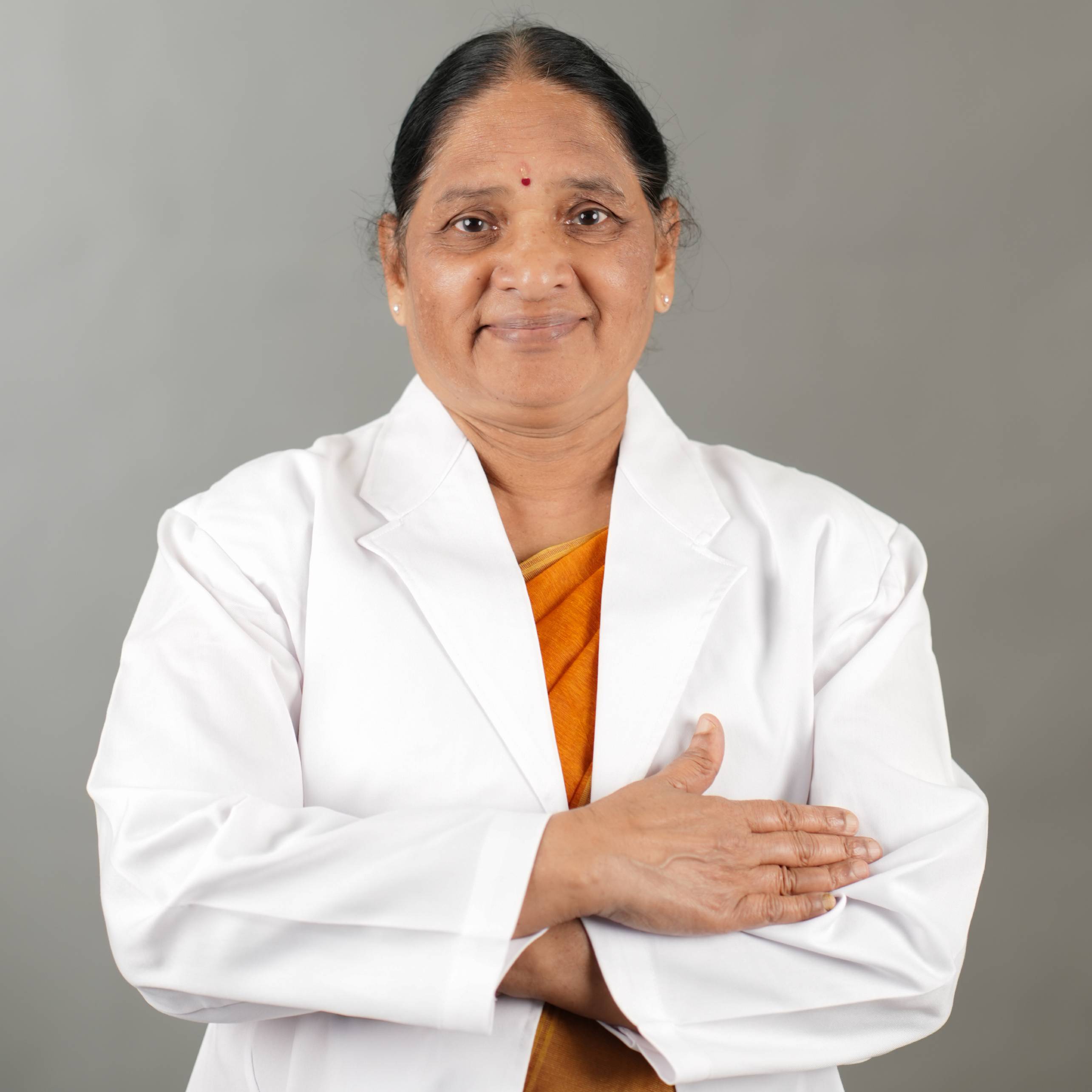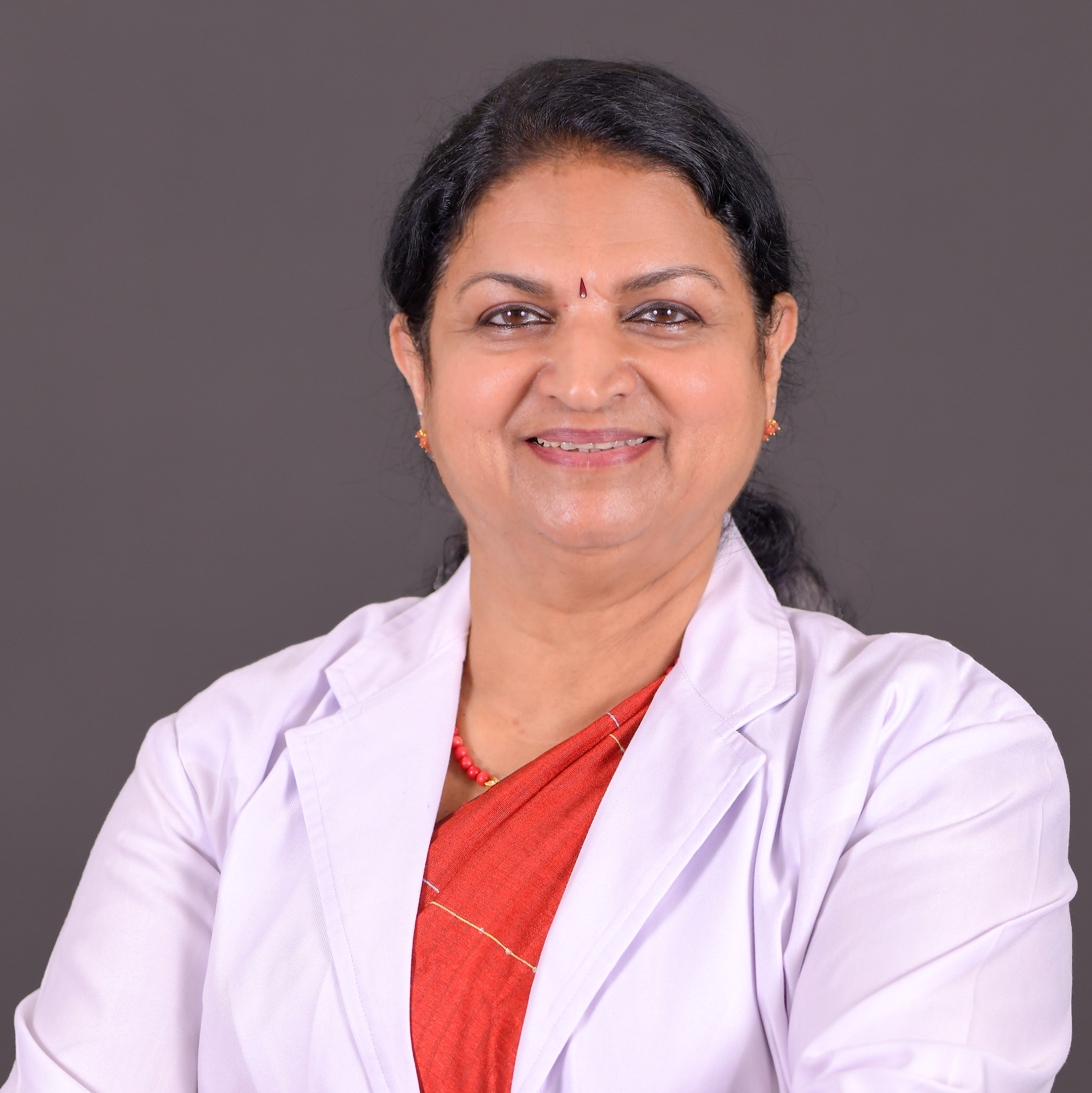- Our Doctors
- Our Specialities
Centres of Excellence
-
 Centre for Blood Diseases, BMT & Cancer Immunotherapy
Centre for Blood Diseases, BMT & Cancer Immunotherapy -
 Centre for Bone, Joint & Spine
Centre for Bone, Joint & Spine -
 Centre for Critical Care Medicine and ECMO Services
Centre for Critical Care Medicine and ECMO Services -
 Centre for Gastrosciences
Centre for Gastrosciences -
 Centre for Heart & Vascular Care
Centre for Heart & Vascular Care -
 Centre for Nephro-Urosciences
Centre for Nephro-Urosciences -
 Centre for Neurosciences
Centre for Neurosciences -
 Centre for Obstetrics and Gynaecology
Centre for Obstetrics and Gynaecology -
 Centre for Organ Transplantation
Centre for Organ Transplantation
Super Speciality
-
 Advanced Diagnostic and Interventional Radiology
Advanced Diagnostic and Interventional Radiology -
 Anesthesiology & Pain Management
Anesthesiology & Pain Management -
 Clinical Nutrition and Dietetics
Clinical Nutrition and Dietetics -
 Dental and Maxillofacial Surgery
Dental and Maxillofacial Surgery -
 Dermatology
Dermatology -
 Emergency and Trauma
Emergency and Trauma -
 Endocrinology and Metabolic Disease
Endocrinology and Metabolic Disease -
 ENT and Head & Neck Surgery
ENT and Head & Neck Surgery -
 Family Medicine
Family Medicine -
 General and Laparoscopic Surgery
General and Laparoscopic Surgery -
 General Medicine
General Medicine -
 GI Onco Surgery
GI Onco Surgery -
 GI Oncology
GI Oncology -
 GI Surgery, Advanced Laparoscopy and Gastro Oncosurgery
GI Surgery, Advanced Laparoscopy and Gastro Oncosurgery
-
- Key Procedures
- Our Hospitals
- International Patient
- Contact us
-
Quick Links


Obstetrics
Every woman's labor and delivery experience is unique, and we’re to offer continued care whether it is from the doctor’s consultation to the delivery room. Meitra’s goal is to provide you with the resources you need to feel secure and confident throughout your pregnancy and after, ensuring the best possible experience and outcomes. Our obstetricians offer specialized care for women, including comprehensive prenatal care, labor, and delivery, preventive health screenings, and management of low, medium, and high-risk pregnancies. If necessary, the expertise of other gynecologic specialists is available in areas such as infertility, high-risk obstetrics, and gynecologic cancer.
Our team extends its support to include providing comfortable rooms with state-of-the-art technology to monitor and treat any problems that might arise during labour. We provide a tranquil environment to cater to your birth plan needs, with comfortable settings with low lighting, lounge chairs, and birthing suites.
Your health care provider may recommend a variety of screenings, tests and imaging techniques during your pregnancy. These tests are designed to provide information about the health of your baby and may help you optimize your child’s prenatal care and development.This holistic approach ensures that you feel prepared for labor, delivery, and the postpartum period.
World Contraception Day | 26th September
Conditions and Treatments
Uncompromised healthcare services. Always.
Meet Our Doctors
Experienced medical professionals for a superior patient experience.
Dr. Sandhya Pradeep
Senior Consultant
Centre for obstetrics and gyna...
View Profile Book an AppointmentDr. Reshma Rasheed
Associate Consultant
Centre for obstetrics and gyna...
View Profile Book an AppointmentDr. Sulochana K
Senior consultant
Centre for obstetrics and gyna...
View Profile Book an AppointmentFrequently Asked Questions
Can I travel during pregnancy?
Unless you have been identified with any complications, it is perfectly safe to travel during pregnancy. Most women find the second trimester the most ideal time to travel, as the morning sickness phase of the first trimester is typically done and you won’t get as easily tired as one does in their third trimester.
How often should I visit the doctor while I am pregnant?
In a normal pregnancy, you can be expected to come in for a check-up on the following days:
• 4 weeks to 28 weeks: 1 visit/month
• 28 weeks to 36 weeks: 1 visit/2 weeks
• 36 weeks to 40 weeks: 1 visit/week
If it is a high-risk pregnancy or depending on your condition, your doctor may want to see you more often.
What should my diet be once I am pregnant?
A pregnant woman needs more folic acid, calcium, iron & protein than a non-pregnant woman. Leafy vegetables, whole grains, dairy products, fruits, and lean meats should make up 80 % of the diet. Pre-natal vitamins are also recommended. There can be cravings for salty and sugary food that are normal during pregnancy, but one should be mindful and try to eat as healthily as possible to avoid gaining excess weight and allow for better nutritional intake.
What is the best advice on feminine hygiene?
A healthy vagina needs the same hygienic attention as any other part of your body. Between urine, sweat and being so close to the anus, cleaning up the area is critical to prevent dirty bacterial buildup that can lead to infections, and to avoid the offensive odors that develop throughout the day. Using water and soap on the vagina is safe, and recommended if the soap is pH correct.

 +91 9393 108 108
+91 9393 108 108





























































